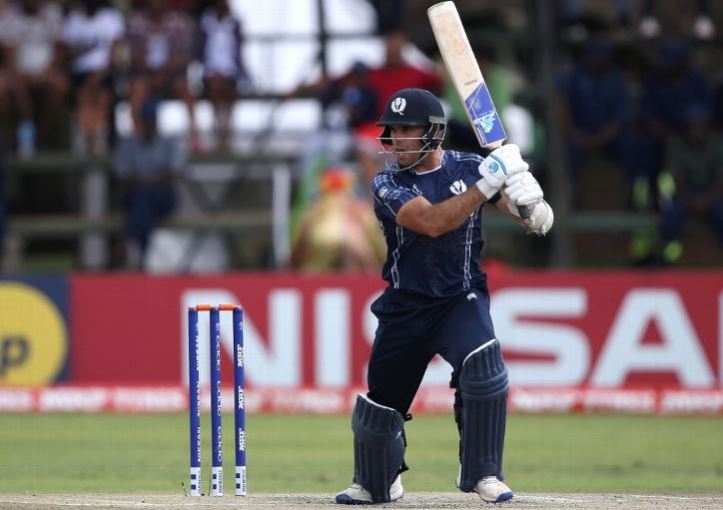On Sunday, in Deventer, a city in the Netherlands, witnessed a nail-biting match between Ireland and Scotland where both teams fought tooth and nail to outplay each other. The Scotts, under the captaincy of Kyle Coetzer, racked up a competitive score of 185 on the board in their quota 20 overs. The skipper amassed 54 runs and top-scored for them.

George Munsey (46) and Calum Macleod (46) turned out to be suitable foils for the experienced batsmen. A few vigorous blows from Matthew Cross in the death overs propelled Scotland’s score. During the run-chase, Irish Paul Stirling took it upon himself to dismantle the opposition bowling lineup. Meanwhile, at the other end, wickets went down at an alarming rate.
ALSO READ: ESPNCricinfo Picks Best ODI XI For Last 25 Years
Paul was dismissed in the 14th over after the right-hander smacked 81 runs from 41 balls. In the end, a quick-fire knock of 28 runs from Kevin O’Brien ensured that they level the scores. However, there wasn’t any super-over to determine the winner of the match. The International Cricket Council (ICC) has recently apologized to the nations for committing the error.

As quoted in ESPNcricinfo, ICC spokesperson said, “The match officials misinterpreted the T20I playing conditions which prevented the Super Over taking place following a tied match. This was a genuine oversight for which the ICC offers its sincere apologies to both Scotland and Ireland. We have picked up the matter with the officials and will mitigate against this happening in the future.”
Under ICC’s adopted T20I playing conditions from September 28, 2017, the Law 16.3.1 reads: “If the scores are equal, the result shall be a tie and no account shall be taken of the number of wickets that have fallen. In the event of a tied match, the teams shall compete in a Super Over to determine the winner.”
